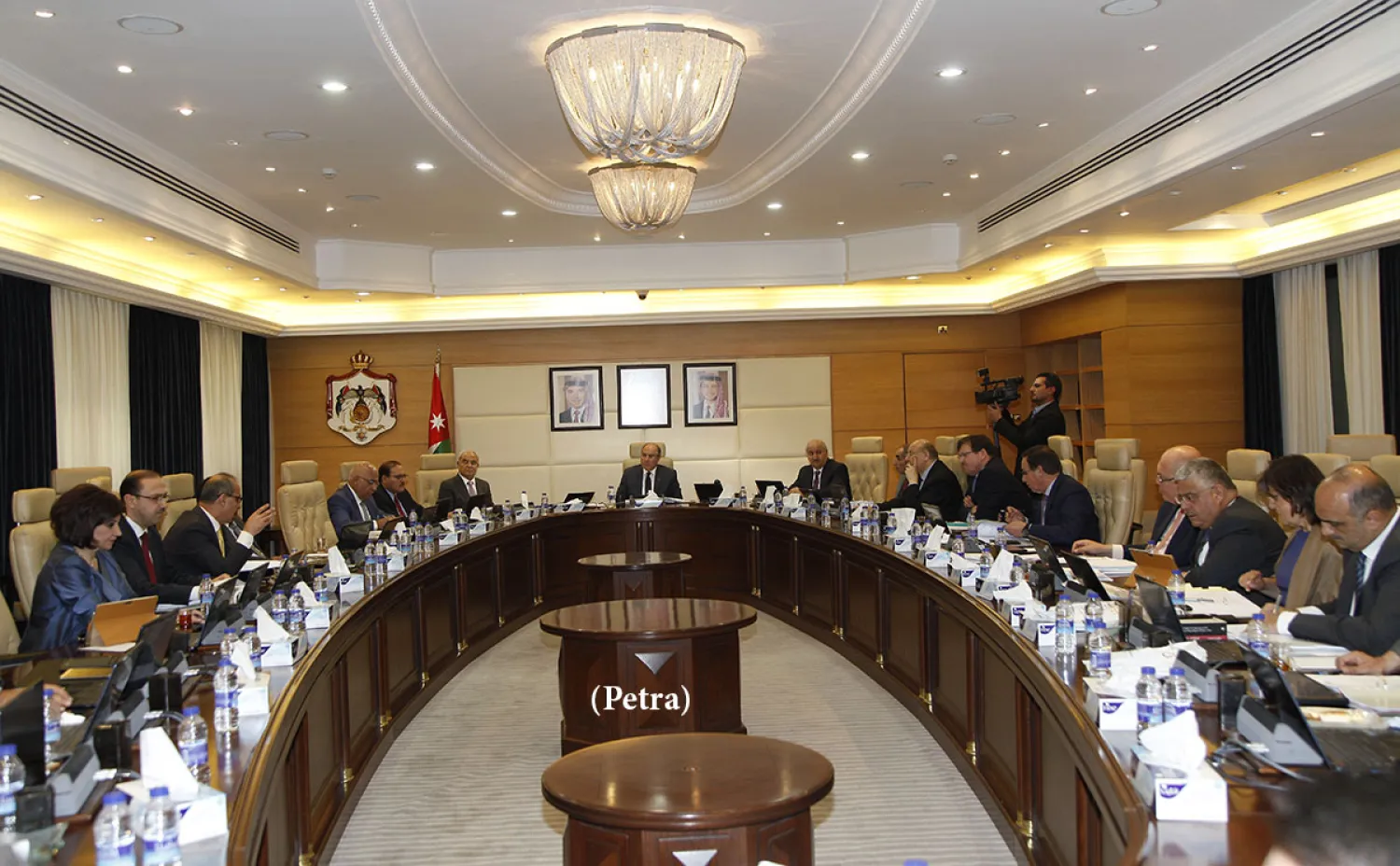The Jordanian government prepared the draft law of the amended income tax law, which is being discussed in the legislative departments of the Cabinet and is expected to be approved this month.
According to the draft, the proposed measures include providing revenues up to 280 million dinars ($394 million) annually, distributed over 150 million on tax evasion and 130 million on amendments to the segments and reduction of the volume of exemptions, and they will be implemented early next year.
The draft law also includes raising the income tax on banks, financial companies, insurance companies, reinsurance companies and people engaged in financial leasing activities to 40 percent instead of 30 percent in the current law.
Income tax on companies specialized in mining basic materials was raised to 30 percent instead of 24 percent while a 24 percent tax was maintained for basic telecommunications, distribution and power generation companies and brokerage firms.
The bill exempts individuals whose yearly income does not exceed JD8,000 and JD16,000 for families.
The draft law also levies a tax of five percent on the first JD5,000 exceeding that threshold, 10 percent for the second JD5,000, 15 percent for the third, 22 percent for the fourth and 25 percent for each one dinar above that.
Under the suggested law, there will be a fine on overdue taxes ranging from five to 25 percent of the value of delayed tax, depending on the period of delay, thus changing the relevant provisions in the existing law, which stipulates a lump sum fine of JD100 on natural persons and JD200-JD500 on the various types of companies.









